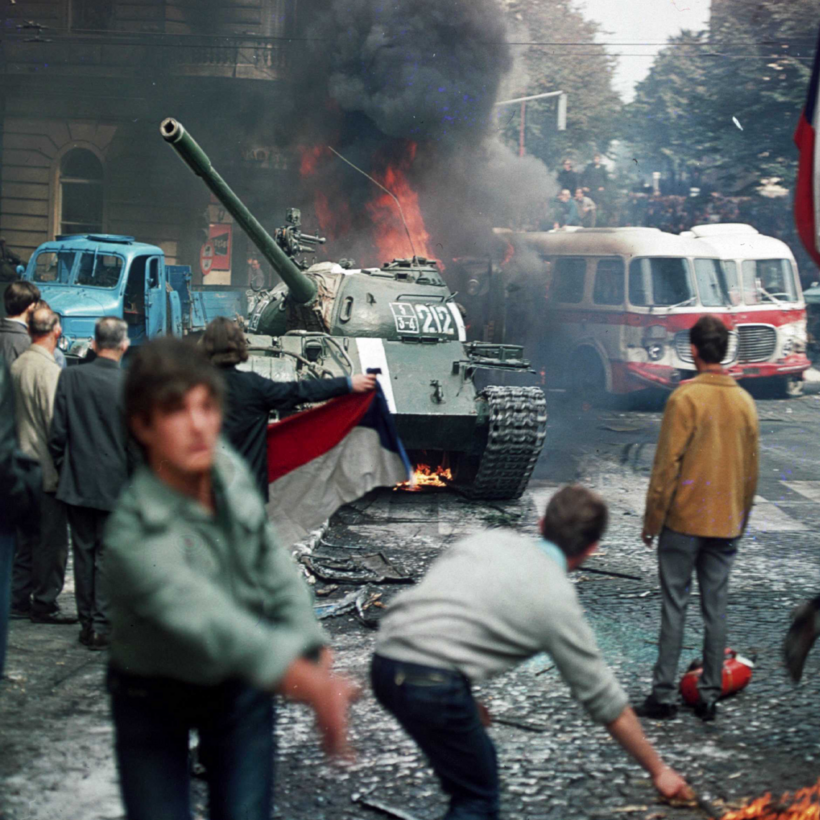Lieutenant Antony Beevor remembers August 21, 1968, with his trademark precision. Stationed at Hohne garrison, a British Army base in north central Germany, he awoke to the news that Russian tanks had invaded Czechoslovakia to bring to an end the country’s liberal experiment known as the Prague Spring. Nobody outside the intelligence world had really expected this. Fear swept across Europe that the Cold War was turning hot.
Beevor, 75, recounts how members of the British 7th Armored Division in Hohne started tracking Russian communications. The parallels with Ukraine are striking because the Russian troops failed to establish a secure communications network. “We were all listening in,” Beevor says. The operation was riddled with “an enormous number of cock-ups. The Russian tank commanders in many cases had no maps.”

